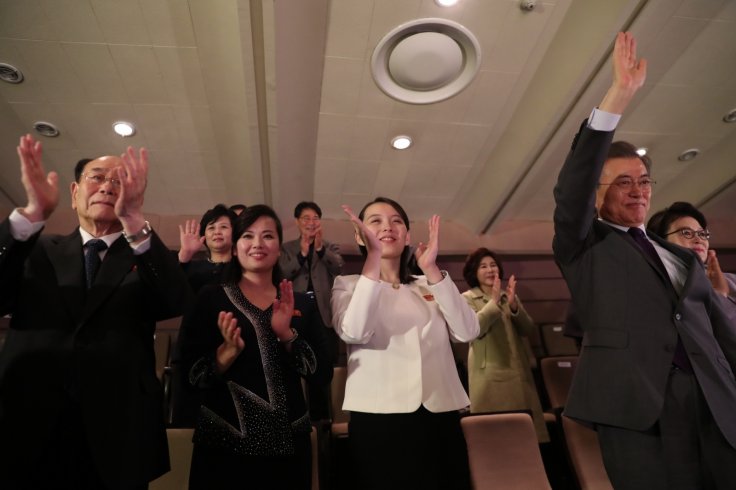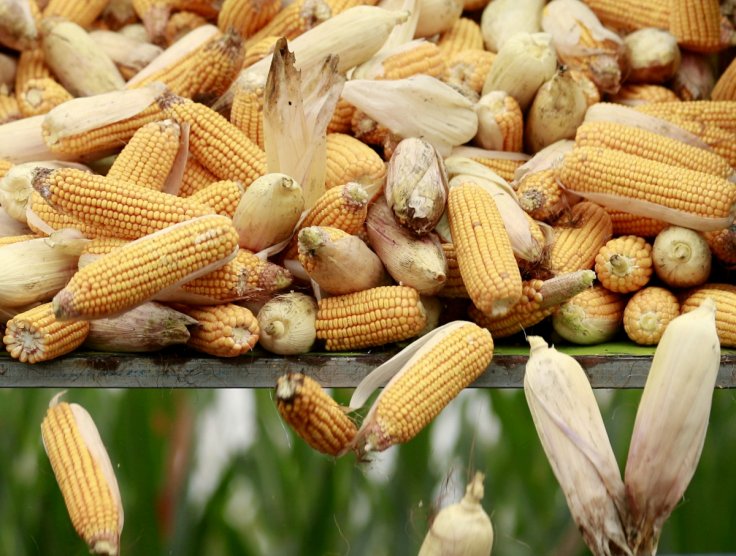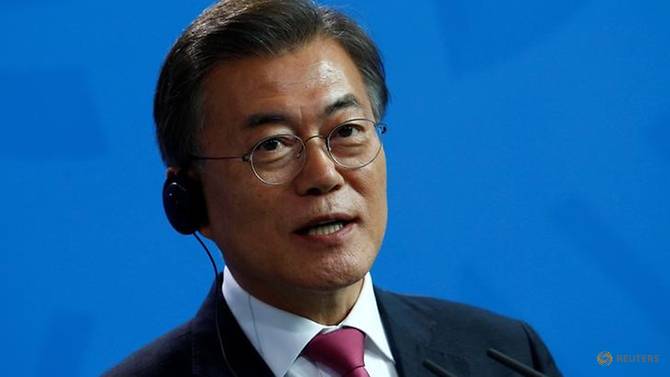North Korea is by no means a model of how a country should be. With hardly any allies, pouring economic sanctions and severe food shortage, it has been the example of how a country could gradually inch closer to its own destruction. But somehow, North Korean leaders, dressed in full military attire, have always been issuing threats to its Southern counterparts.
The story is once again similar after months of peace talks delusion. Despite North Korean capital, Pyongyang faces severe food shortage, its fast-rising leader Kim Yo Jong, sister of Kim Jong Un, continues to issue military threats to South Korea, albeit empty ones.
On the 20th anniversary of the first meeting between the top leaders of the now divided Koreas, she said that she had given instructions to the country's army to retaliate against South Korea.
"Rubbish must be thrown into the dustbin. By exercising my power authorized by the Supreme Leader, our party and the state, I gave an instruction to the arms of the department in charge of the affairs with the enemy to decisively carry out the next action," Kim said.
Her statement came after failed attempts of peace talks and some South Koreans sending rice using balloons. Some South Korean conservative activists even launched balloons with leaflets that denounced the North Korean leader near the border and during a rally in Hwacheon, South Korea.

Severe Food Shortage
The most baffling thing about her statement is that the country's capital is facing a severe food shortage for the last three months. The government, which claims to be a people's republic, failed to provide ration to its residents as the borders of the city remained sealed and the last time they received ration was in March, that only corn and no rice.
The authorities, as usual, deflected the crisis, pointing to "global economic stagnation caused by COVID-19" and "schemes by imperialist powers to blockade North Korea." Such food shortage was not seen even during the famine in the late 1990s. "The situation is so dire that there is even talk of a 'second Arduous March' among Pyongyangites," a source told Daily NK.
No Solution
However, during such a dire period, military officials continued to get a small amount of food even though its citizens slept on empty stomachs. Neither the Supreme Leader, nor his sister came up with an idea to feed their citizens, but the best solution they could come up with was closing up the city borders and control population.
"In April, the Ministry of People's Security's Department 8 issued an order to evict any people living in District 30, downtown Pyongyang, and District 410, city's outskirts, who do not have a residence permit or who had moved to Pyongyang after marriage," a source said.
"This measure signals an intention to prevent further population growth in the city," he added. Under such order, only residents of Pyongyang will be allowed to stay while others — even if they are members of the same family — will be forced out of the city.

Rise in Price and Black Market
As authorities failed, citizens have taken action to survive. The food shortage has given rise to the black markets that operate only for three hours (4 AM-7 AM) with 80 percent of the products being food items.
With that came a rise in prices. Food prices including rice, cooking oil, pork among others are being sold by more than 20 percent at times. The source said that one kilogram of rice which was sold for KPW 4,350 ($4.84) is now KPW 4,900 ($5.44) with its highest price being $6.25 or KPW 5,630.
The government, however, tried stabilizing the price with crackdowns on price gouging. They had to even distribute rice which was allocated to the military but even then the country is facing a shortage.
As rice became expensive, people turned to cheaper corn and processed corn food but with rising demand, even those have seen a stiff rise. "Corn is really popular among the people right now. North Koreans are struggling financially these days, and this is the result of people seeking out more affordable corn over more expensive rice," the source said.

South Korea Urges Not to Raise Tensions
Their neighbor, meanwhile, is monitoring situation after the second round of peace talks, which ended abruptly as leaders from the U.S. and Koreas failed to come to a decision on removing sanctions on North Korea.
South Korea's President, Moon Jae In said North Korea should honor the peace agreement signed in 2018. "The promises of peace on the Korean peninsula that Chairman Kim Jong Un made before our 80 million people cannot be turned back," Moon said.
"North Korea should not cut communications, raise tension and try to go back to the past era of confrontation. I hope it will resolve uncomfortable, difficult problems through communications and cooperation," he added.









